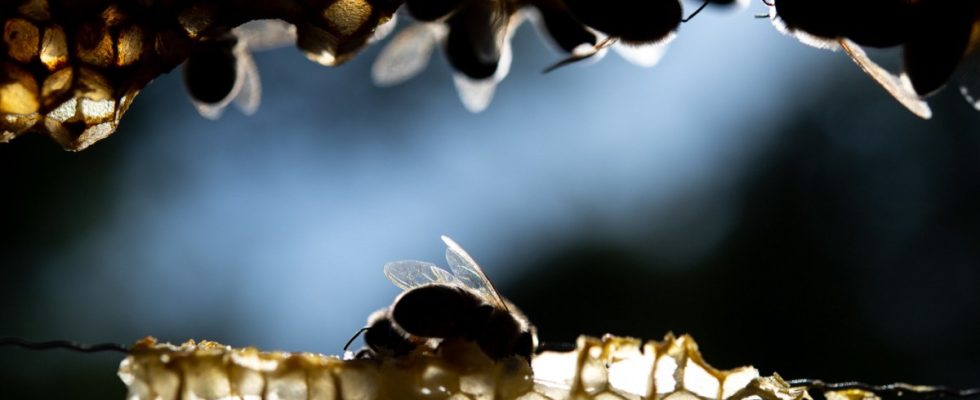There is a new restricted area in Munich. On Monday, the city issued a general order because American foulbrood broke out among bees in the Schwanthalerhöhe district. This is a highly contagious bacterial infectious disease that affects the brood of affected bee colonies. Most of it dies.
However, the disease is harmless to other animals and people. The city says honey from affected bee colonies can also be consumed safely. Please note, however, that no honey may be fed to bees, honey containers may only end up washed out in the garbage or glass containers and may not be kept open to bees.
The restricted area is set up within a radius of at least one kilometer around the outbreak. The city has the exact boundaries online stadt.muenchen.de/infos/amtsblatt published. Bee colonies may not be taken out of the restricted area, this also applies to honey and beeswax produced there.
American foulbrood is one of the notifiable animal diseases. According to the Bavarian State Institute for Viticulture and Horticulture (LWG), bees can spread the disease by coming into contact with honey contaminated by spores in the vicinity of glass containers.
Beekeepers can contribute to the spread if, for example, they buy or sell colonies or offshoots without prior health examinations. According to the LWG, honey from foreign stocks, especially imported honey, can also contain spore material.
Do the people of Munich now have to worry about the good city honey? City beekeeper Andreas Bock gives the all-clear. There are still enough beehives and beekeepers in Munich; he owns 120 colonies himself. The disease also occurs only rarely in Munich.

